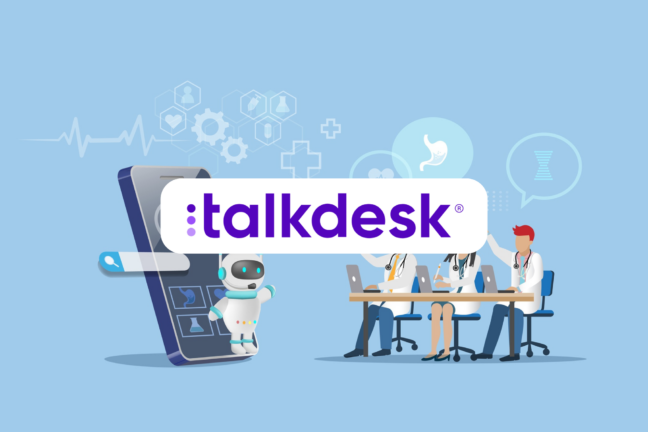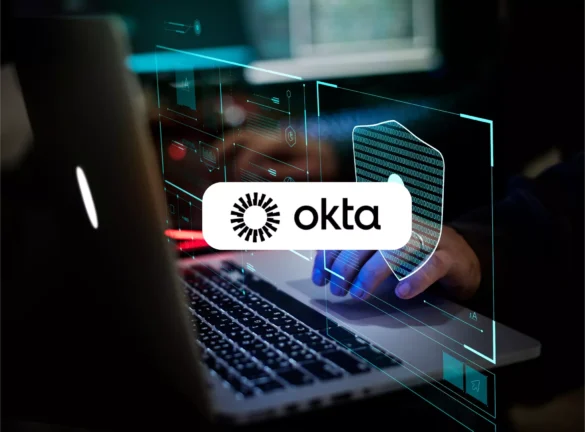Thanks to the recent rise of sophisticated chatbots and intelligent AI agents, customer service is now just a click or command away. This technological leap has transformed consumer expectations, making immediate responses not just a convenience—but a demand. A staggering 90% of consumers consider instant responses to be "very important" when addressing customer service issues.
However, despite the availability of 24/7 chatbots, 78% of consumers still find themselves needing additional human assistance, which undermines the primary benefit of automation: instant and easy help. This dilemma leaves organizations with two choices: either retain a large number of always-available human representatives—an expensive and often impractical solution—or enhance their automation capabilities.
What is Automated Customer Service?
When we think of automated customer service, the image of clunky, legacy chatbots often comes to mind. These early chatbots were designed to fill the gap outside business hours when human representatives were unavailable. Consumers, eager for 24/7 assistance, settled for these basic bots despite their limitations.
Perhaps because of these clunky experiences, surveys reveal that nearly half of users still distrust the information provided by chatbots, perceiving human representatives as more accurate. This perception persists even though modern chatbots can be just as precise when given accurate data. Traditional chatbots used to operate on rigid, rules-based systems, but this is no longer the case. Today's "chatbots" have evolved into "AI agents," which is a much more fitting term illustrating their expanded list of capabilities.
AI agents have access to vast amounts of data, far exceeding what human representatives can process. What might take humans years to learn, AI agents can comprehend in moments. So, while AI agents are technically "automated," they are far from shallow, offering depth and availability 24/7—and their capabilities are advancing rapidly. Consumers are accustomed to slow, inconsistent changes, but AI is different; it's dynamic and has revolutionized automated customer service, particularly with the advent of Generative AI (GenAI).

The Next Level of Customer Experience
AI agents are trained on data, and with 90% of all data ever generated having been produced in the past two years, they are now better trained than ever.
Thanks to this, today’s AI agents can generate new answers and handle complex issues akin to or even surpassing human representatives. They offer an option that is just as capable, if not more so, and is available whenever and wherever consumers need assistance. Because of this, consumers now expect AI agent experiences to be as good as or better than interactions with human representatives. This expectation is especially critical in areas like language and regional dialects. To accomplish minute details like this, AI agents leverage sentiment analysis to understand and respond to customer emotions, learning and growing much like human representatives.
Another essential aspect of customer service is maintaining context. Traditionally, this context comes from human notes recorded during previous interactions. AI, however, can access and analyze every interaction a customer has had with an organization, providing rich context for each new interaction.
This capability is particularly valuable for customers with ongoing relationships with a company, ensuring continuity and personalization in service. AI agents can access and analyze an entire history of interactions instantly, offering a comprehensive view of the customer's journey. This means that every time a customer reaches out, the AI agent is fully informed and prepared to provide a seamless experience.
AI agents also excel at managing and interpreting complex data sets. They can integrate with various systems and databases to pull relevant information, ensuring that they provide accurate and timely responses. For example, an AI agent can instantly check the status of an order, troubleshoot a technical issue by referencing a vast database of solutions, or even escalate more complex problems to human representatives with detailed contextual information. This seamless integration not only enhances efficiency but also improves the overall customer experience.
Moreover, AI agents are not bound by the limitations of human representatives. They can handle multiple interactions simultaneously, ensuring that no customer is left waiting on hold—one of the biggest customer service nightmares. This is particularly beneficial during peak times or in crisis situations, where the volume of inquiries can overwhelm traditional customer service teams. By managing these interactions efficiently, AI agents help maintain high levels of customer satisfaction.
Adapting to Changing Consumer Expectations
This impressive leap in technology has come just in the nick of time, as over the past two decades, customer expectations have been steadily rising, with no sign of slowing down. Consumers today demand not only immediate responses but also personalized and relevant interactions. They expect companies to understand their needs and preferences and to provide solutions that are tailored to their unique situations.
AI agents are well-equipped to meet these expectations. By leveraging advanced algorithms and machine learning techniques, they can analyze customer data to identify patterns and trends. This enables them to anticipate customer needs and offer proactive solutions. For instance, an AI agent can recommend a product based on a customer's previous purchases or suggest a solution to a known problem before the customer even reaches out.
The ability to offer such personalized experiences is a significant advantage in today’s competitive market. Companies that can consistently meet and exceed customer expectations will not only retain their customers but also attract new ones. AI agents, with their ability to provide high-quality, personalized service, are key to achieving this goal. As AI technology continues to evolve, AI agents' capabilities will only improve. Future advancements may include even more sophisticated natural language processing, allowing AI agents to understand and respond to a broader range of customer queries.
Great Expectations Lead to Great Experiences
By confronting and surpassing growing consumer expectations head-on, organizations can achieve unprecedented levels of customer satisfaction. Automated customer service is no longer about simple chatbots; it’s about fully-fledged AI agents capable of far more than consumers may expect from the technology today.
This evolution in service quality will, in turn, elevate organizational performance, with enterprises able to provide truly excellent, always-available customer service that keeps people happy and coming back for more. As consumer expectations continue to rise, organizations that embrace these advanced AI solutions will stand out by delivering exceptional customer experiences, ultimately driving greater overall satisfaction and loyalty.
Matt Edic currently serves as the Chief Experience Officer (CXO) at IntelePeer, where he and his team ensure the highest level of support in customer interactions. Previously, Matt served as Senior Vice President of Customer Experience and Vice President of Enterprise Sales and Business Development for IntelePeer. Matt brings to IntelePeer more than 20 years of leadership experience and a strong passion for serving customers, continuous improvement, and teamwork. Prior to IntelePeer, Matt worked for NexTone, JP Morgan Chase & Co., and Qwest Communications. He holds a Bachelor of Science in Computer Science from the United States Naval Academy in Annapolis, Maryland.









